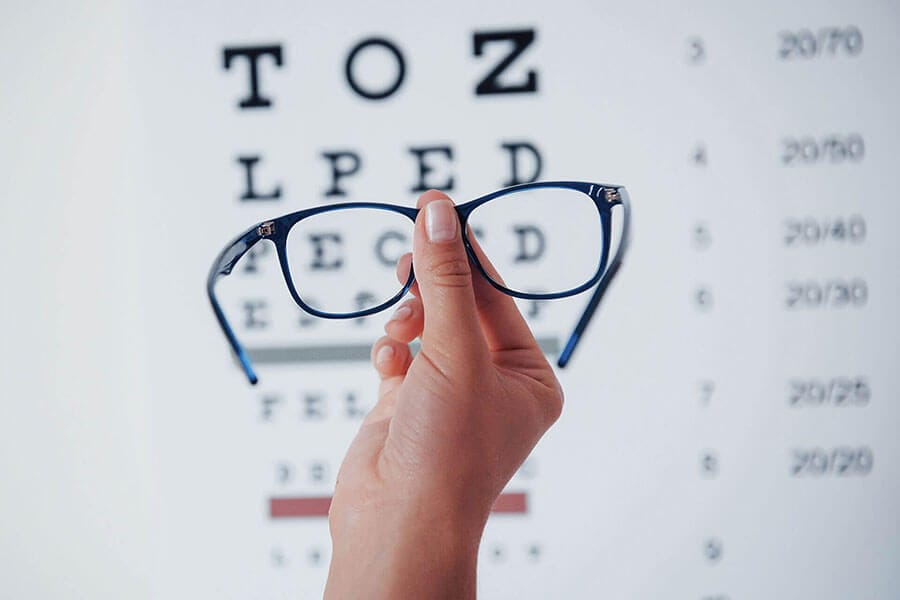What To Do If You Experience Blurry Vision
Experiencing blurry vision in one eye can be alarming. But instead of falling down a Google rabbit hole of possible diagnoses, it's best to take concrete steps to address the issue. Here’s what you should do:
Schedule an Eye Exam
The first and most crucial step is to schedule an eye exam. Whether it's routine eye care or an emergency, a comprehensive eye exam is the best way to diagnose the issue.
Remember: Eye exams are not just for people who need glasses. They can uncover a range of eye conditions and even systemic diseases like diabetes.
Take the Relevant Quizzes
While waiting for your eye exam, you might find it useful to take some of our diagnostic quizzes like the dry eye quiz or the double vision quiz. These can give you an idea about what might be going on but should not replace a professional diagnosis.
Consult Specialty Services
Depending on your symptoms, you may need specialized care. For example, if dry eyes are causing your blurry vision, our dry eye specialty service can provide targeted treatment.
Ask About Contacts
If refractive errors are the cause, you might consider using contact lenses. They offer the advantage of providing a natural field of view and are available for various conditions, including keratoconus and presbyopia.
Keep a Symptom Journal
Keeping a record of when the blurriness occurs, its duration, and any other symptoms can provide valuable information during your eye exam. This can help in quicker and more accurate diagnosis.




















